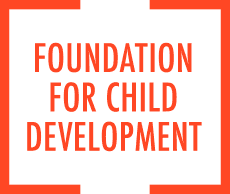https://www.fcd-us.org/universal-prekindergarten-in-georgia-a-case-study-of-georgias-lottery-funded-pre-k-program/
In 1995, Georgia became the first state to provide universal Prekindergarten to all four-year-olds. While Georgia’s innovations in early care and education resulted from many forces and individuals distinct to the state and region, this case study of Georgia’s lottery-funded Pre-K program offers lessons that may inform early education policy in other states.
The case study of the Georgia universal Prekindergarten program addresses several issues.
- Offering Pre-K services to all families may be a key to winning ongoing political support and ensuring program survival. But are there tradeoffs?
- A state lottery is a viable mechanism for financing universal Pre-K.
- Creating and growing a large-scale Pre-K program requires powerful, consistent leadership.
- Success hinges on understanding and protecting the fragile ecology of early childhood programs.
- Integrating private providers into a public program is one of the toughest challenges of universal Pre-K.
- Georgia Pre-K illustrates the complex dynamics that may ensue among federal, state, and local levels of government in the provision of early education services.
- Program success hinges on constant attention to quality--especially in the areas of curriculum and teacher preparation.
- The challenge of creating a Pre-K infrastructure — especially in the realm of facilities--must not be underestimated.
